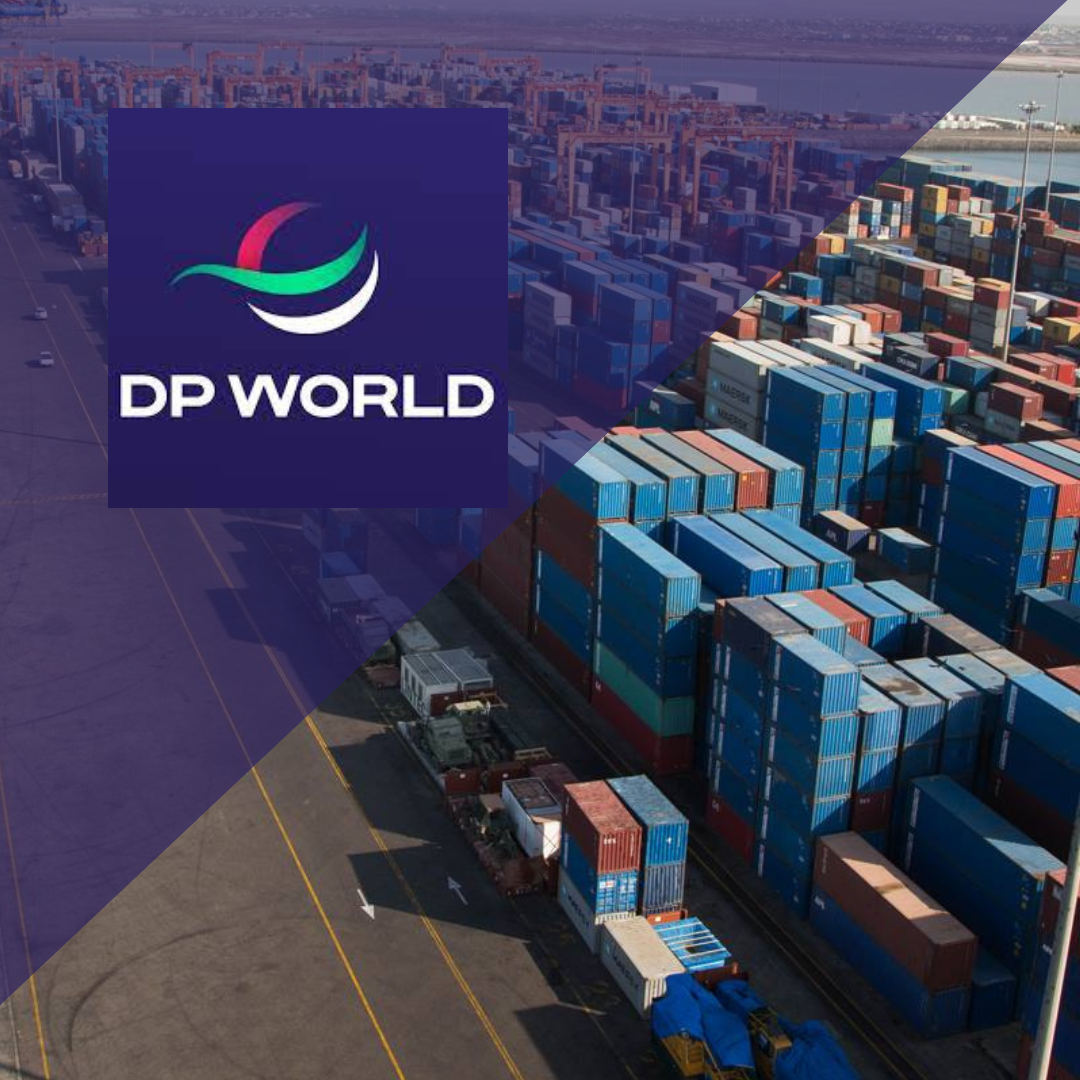A London court has confirmed that Djibouti acted unlawfully in the illegal seizure of a DP World–built terminal, according to the available report. The decision validates the claim that state action to take control of the privately developed asset breached legal obligations. DP World maintains it is still owed $685 million, while the same source references an additional $1 billion without clarifying its basis. The court’s confirmation establishes a definitive legal finding on the act of seizure. However, the precise contours of the financial consequences that may flow from this finding are not fully delineated in the material provided.
The excerpt does not specify the terminal’s formal designation, the judgment’s date, the court division, or the exact order granted. It also provides no quotations from the parties, no description of remedies beyond the reference to outstanding sums, and no timeline for compliance or appeal. In the absence of those particulars, the core facts remain limited to the court’s confirmation of illegality and the monetary amounts noted by the company and the source. No further detail is given on any contractual clauses, concession terms, or prior proceedings that could have shaped the outcome.
Financial Claims and Unresolved Details
The monetary dimension referenced in the report centers on DP World’s assertion that $685 million remains outstanding. The excerpt further mentions “$1 billion,” but without context to indicate whether it relates to damages, interest, penalties, costs, or separate claims. On the basis of the text provided, the $1 billion figure remains undefined. This ambiguity matters for stakeholders seeking to understand potential liabilities, recovery prospects, and the scale of any settlement discussions. Until the underlying judgment, award, or orders are disclosed in detail, it is not possible to allocate these amounts to specific heads of claim or to verify the mechanisms through which they might be enforced.
Beyond the immediate financial figures, the confirmation of illegality carries implications for port investments and long-term concession frameworks. Legal clarity around state action and private operating rights is central to capital-intensive infrastructure, particularly in gateway terminals. A finding that a seizure was unlawful underscores the primacy of contractual commitments and due process. It also highlights the potential exposure that can arise when control of strategic assets is reallocated outside agreed frameworks. For investors, lenders, and operators, such rulings are a reminder that legal enforceability can be as decisive as operational performance in determining project outcomes.
Next steps are not described in the source. In general, in cases where a court confirms illegality, parties may assess options that can include negotiated settlements, pursuit of post-judgment interest, or applications to recognize and enforce orders in relevant jurisdictions. The appropriate path depends on the specific instruments at issue and the location of assets. Without details on the remedies awarded or the procedural posture, it is not possible to evaluate the timeline to resolution or the likelihood of voluntary compliance. What is clear from the excerpt is the existence of a recognized violation and the presence of significant outstanding sums asserted by the private operator.
For cargo interests, shipping lines, and ancillary services, legal certainty at terminals influences routing decisions, service stability, and cost structures. Even when day-to-day operations continue, unresolved disputes at the ownership or concession level can introduce risk premiums and complicate long-term planning. Policymakers and port authorities typically aim to balance sovereign priorities with predictable frameworks that attract investment. Transparent disclosures about judgments, sums owed, and any agreed remediation can help restore confidence and reduce uncertainty that may otherwise ripple through regional logistics chains.
At this stage, the confirmed fact pattern is narrow: a London court has determined that the state action was unlawful, DP World says it is owed $685 million, and the source also mentions a further $1 billion without explanation. Additional documents—such as the judgment text, any related awards, and official statements—will be necessary to clarify the disposition of claims, the enforcement pathway, and the expected timetable. Until then, the legal signal is unambiguous, while the financial breakdown remains incomplete. Stakeholders will await fuller disclosures to assess exposure, recovery prospects, and the implications for future port concessions and public–private partnerships.





